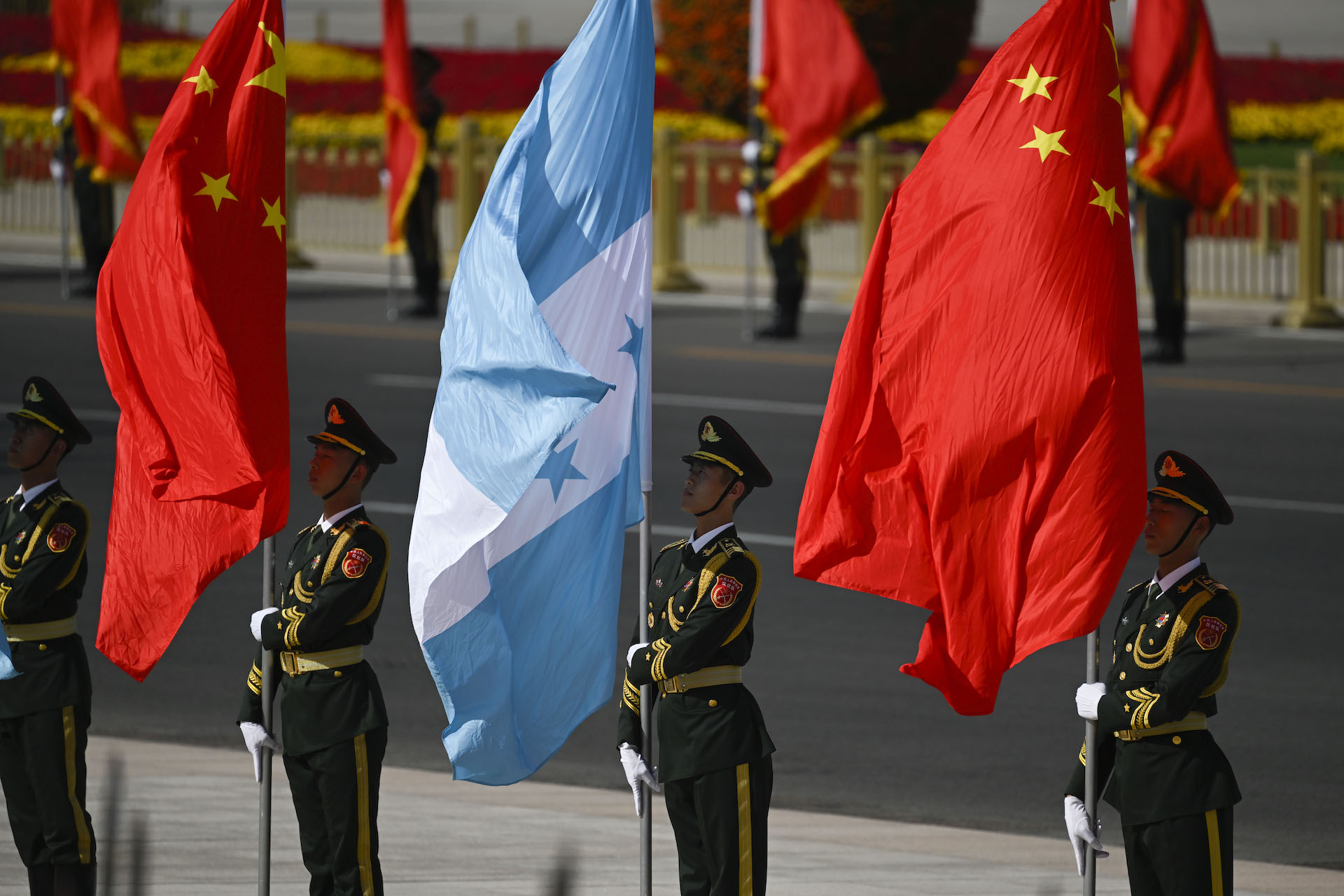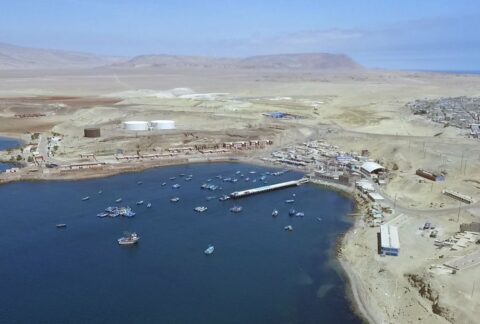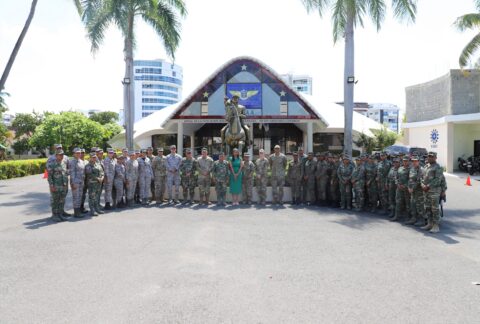China is showing interest in investing in the construction of a transoceanic train rail that will bridge the Atlantic and Pacific coasts of Honduras. The proposed $20 billion train rail project, with an estimated 15-year construction timeline, is part of a broader initiative of trade and investment between both countries.
Other projects include the constructions of dams and energy generation infrastructure, Reuters reported.
“In the last 15 years, Beijing has become a strong lender in the Latin American region,” Sergio Cesarin, coordinator of the Center for Asia-Pacific and India Studies at the Tres de Febrero National University in Argentina, told Diálogo on August 8. “In granting these Chinese loans to finance infrastructure works […] tensions have arisen over some countries’ loan exposure with respect to China, or what has also been called the Chinese debt trap.”
Project postponed
The train rail project dates back two centuries and was first thought out by then Honduran President José Trinidad Cabañas between 1852 and 1855, Bloomberg Línea reported. The idea was picked up again in 2013, at which time the Honduran government laid an agreement with China Harbour Engineering Company (CHEC) to build 10 rail lines connecting Puerto Castillo to the Port of Amapola, according to Bloomberg Línea.
China-state owned CHEC and its parent company China Communications Construction Company (CCCC) have long been flagged for presenting a slew of risks and face worldwide accusations of corruption, substandard construction, workers exploitation, and harmful financial practices, among others, U.S. Department of State publication ShareAmerica reported. Chinese companies damage the environment and threaten the economies and independence of several countries, The Diplomat reported.
In 2015, Taiwan also showed interest, but the project never took off. In March 2023, Honduras broke its more than 80-year diplomatic ties with Taiwan in order to establish relations with Beijing, Bloomberg reported. At the time of the announcement, Taiwan warned Honduras not to “fall into China’s debt trap,” British daily The Guardian reported.

Chinese trap
According to Cesarin, Venezuela and Ecuador are examples of this debt trap. Both were forced to renegotiate the agreements of their loans with China when payment of their debts became complicated, leading to more onerous payment conditions and the need to cede more concessions than those initially granted.
Another example is Suriname, the smallest country in South America, which not only faces a serious economic crisis, but also fell into China’s debt trap. It’s inability to repay loans to the China Exim Bank, coupled with Beijing’s rigidity, prevents the South American country from accessing a relief package from the International Monetary Fund, Argentina’s news site Infobae reported.
“These experiences raise the question of whether Honduras’ financial formula for repayment of the projected loans for the transoceanic train, within the framework of the Belt and Road, which it joined, is sound to avoid difficulties and so that it is not forced to take on even more demanding and difficult to manage concessions,” Cesarin said.
Free trade
This economic leverage gives China political power. President Xi Jinping has made it very clear that he intends China to “take center stage in the world,” U.S magazine Barron’s reported.
Beijing is also expanding its diplomatic, cultural, and military presence in Latin America, the U.S. think tank Council on Foreign Relations indicated.
“If we add the possible signing of a free trade agreement between China and Honduras, Tegucigalpa must raise complex economic, political, and geopolitical assessments and remember the presence of the U.S. military base on its territory,” Cesarin said. “It is crucial to note that Honduras will concession infrastructure to Chinese firms.”
It must be stressed, Cesarin added, that Chinese companies can participate in dual-use projects, both for civilian and military use, a feature that adds a nuance to the scenario, especially with regard to the Honduran position, “which must carefully weigh these considerations when making future decisions.”









